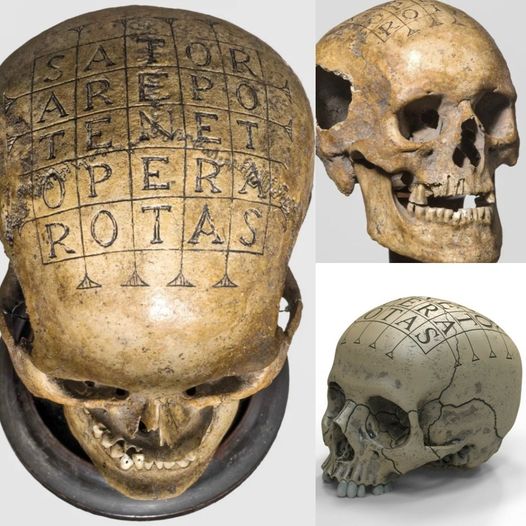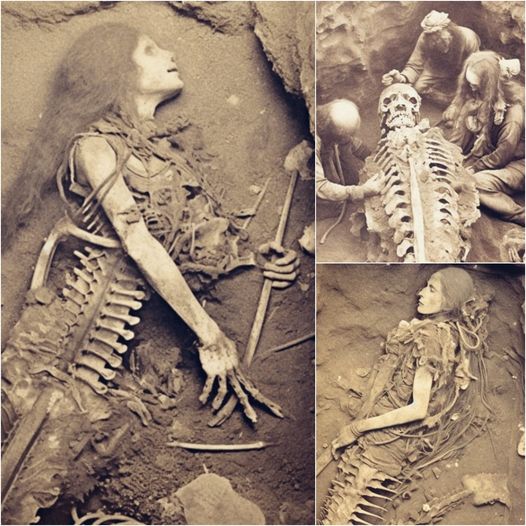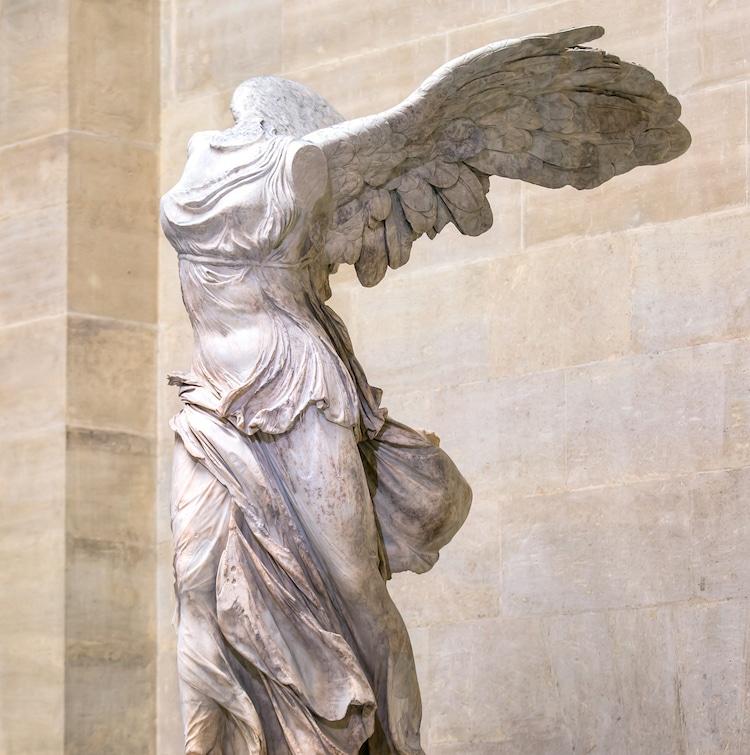Nestled amidst the rugged terrain of present-day northern Afghanistan lies the remnants of Ai-Khanoum, a once-thriving ancient Greek city founded in the 4th century BC. Established in the wake of Alexander the Great's conquests, Ai-Khanoum emerged as a vibrant hub along the fabled Silk Road trade route. Founded by Seleucus I Nicator, one of Alexander's generals, the city boasted a unique blend of Greek and local Bactrian influences. Join us as we delve into the fascinating history of Ai-Khanoum and uncover its significance as a cultural crossroads of the ancient world.

A Glimpse of Hellenistic Splendor: Ai-Khanoum flourished as a beacon of Hellenistic civilization in Central Asia. The city's layout, featuring a grid-patterned design typical of Greek urban planning, showcased its sophisticated architectural prowess. Central to its urban fabric was a bustling agora, or marketplace, where merchants from distant lands traded exotic goods, fostering a cosmopolitan atmosphere. The city's gymnasium, theater, and palace exemplified Greek architectural principles, underscoring the fusion of Greek culture with local traditions.
Insights from Archaeological Discoveries: Excavations at Ai-Khanoum have yielded a treasure trove of artifacts that shed light on the daily life and cultural interactions within the city. Archaeologists unearthed coins, jewelry, pottery, and other relics crafted from gold, silver, and precious stones—testaments to the city's prosperity and cosmopolitan character. The artifacts reveal a vibrant society comprising Greek settlers, indigenous Bactrians, and diverse peoples from across the ancient Silk Road. Ai-Khanoum's strategic location facilitated the exchange of ideas, languages, and commodities, enriching its cultural tapestry.
The Enigmatic Ai-Khanoum Treasure: Among the most notable discoveries at Ai-Khanoum is the legendary "Ai-Khanoum Treasure," a collection of exquisite Hellenistic-era artifacts. This treasure trove includes finely crafted coins, intricate jewelry adorned with gemstones, and ornate pottery showcasing masterful craftsmanship. The Ai-Khanoum Treasure provides a glimpse into the wealth and artistic sophistication of the city's inhabitants, reflecting their cosmopolitan tastes and commercial prosperity along the Silk Road.
Decline and Legacy: Despite its cultural vibrancy, Ai-Khanoum eventually fell into decline in the 2nd century BC. The exact reasons for its abandonment remain shrouded in mystery, but political instability, economic changes, and potential invasions likely contributed to its downfall. Nevertheless, Ai-Khanoum left an enduring legacy as a testament to the interconnectedness of civilizations along the Silk Road. Its archaeological remains continue to captivate scholars and enthusiasts alike, offering insights into the dynamic exchanges that shaped the ancient world.
Conclusion: The story of Ai-Khanoum serves as a poignant reminder of the cultural richness and historical significance of ancient Central Asia. As we unravel the mysteries of this once-flourishing Greek city, we gain a deeper appreciation for the complexities of cross-cultural interaction and trade along the Silk Road. Archaeological excavations at Ai-Khanoum not only illuminate the past but also highlight the importance of preserving our global heritage. By studying sites like Ai-Khanoum, we honor the enduring legacy of ancient civilizations and enrich our understanding of the interconnectedness of human history across continents and centuries. Archaeology plays a vital role in bridging the gaps between cultures and preserving the stories of civilizations like Ai-Khanoum for future generations to explore and appreciate.






